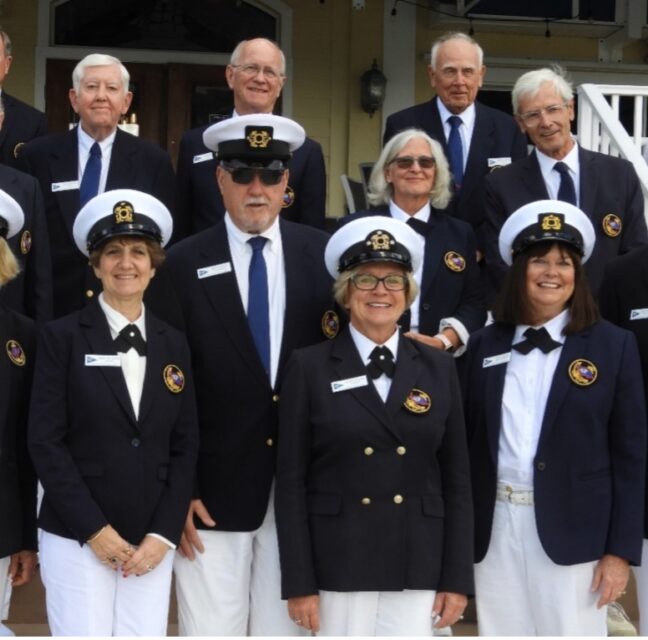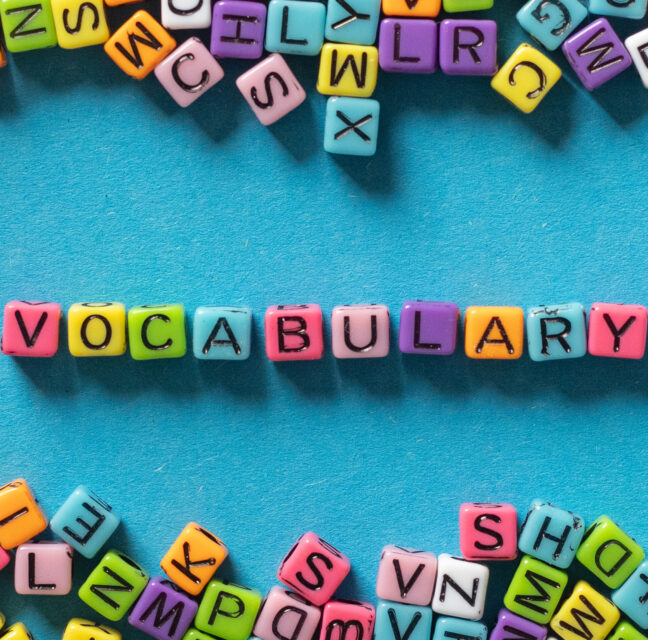For nearly a year, Jamal has been undergoing apheresis therapy to treat his low oxygen levels, a symptom of his sickle cell disease. Monthly apheresis treatments replace his sickled blood with fresh cells that are able to carry oxygen throughout his body.
Before beginning the therapy, Jamal’s heart was pumping blood twice as fast, depleting his body’s oxygen supply quickly. He was tired and slept a lot. His friends said he wasn’t himself. But, after he received a transfusion, everything is different.
“I have more energy, I’m more alert,” Jamal said. “I’m able to get out of the house, spend time with my family and friends. I can return to life again – return to normal.”
Jamal has been receiving blood transfusions for a long time. Doctors diagnosed him with sickle cell at 6 months old. He experienced his first pain crisis at about 1 year old. He continued having them until age 10, when a stroke led to a change in his medication that left him crisis free until the age of 22.
“I’ll receive one or two units of blood to increase my healthy cells and shorten the crisis,” he said, “It really helps me out.”
On rare occasions, Jamal will require a blood exchange. The process of removing his sickled blood and replacing it with eight units of donated blood used to take all day. Now, it only takes a few hours.
I have more energy, I’m more alert, I’m able to get out of the house, spend time with my family and friends. I can return to life again – return to normal.
Whether he is receiving one unit or eight, Jamal said the blood donations make a tremendous difference in his life, and he is so thankful for those who are willing to give.
“It’s nothing but a miracle,” he said.
CAESAR WINSTON-SALEM, NORTH CAROLINA
Caesar isn’t like most 8-year-olds.
He’s excellent at math – he was on a third-grade level at age 5. He’s an exceptional violinist – he met and played for the famous violinist Itzhak Perlman in September 2016. He speaks seven languages including Russian, Hebrew and German.
He also has sickle cell anemia. Caesar endured three strokes brought on by his sickle cell in just two years.
The National Geographic did a documentary about him after the third stroke that left the child prodigy temporarily paralyzed at age 5. He has had to relearn how to walk, how to play the violin, how to hold his pencil to do math problems.
“These days, Caesar is learning to ride a bike, and he’s back to playing violin pretty well,” said his father, Lucas. “But Caesar keeps practicing so he can be even better than before. The music has helped keep Caesar motivated to continue the difficult work required to retrain his body.”
Each month, Caesar and his father make the two-
hour drive from Winston-Salem to Atrium Health’s
Levine Children’s in Charlotte for the blood transfusions that keep Caesar from suffering another stroke. The most nerve-wracking part of their day is waiting for the blood. If the blood is not available and ready, their full day at the hospital can turn into an overnight stay.
There are only a few donors whose blood type is compatible with Caesar’s very specific requirements. That makes each trip to Charlotte terrifying for his father, who relies solely on the kindness of strangers to provide the life saving blood his son needs.
“When I make the drive to Charlotte, sometimes I really feel sick,” Lucas said. “When I’m back home and I open the garage and park the car, it’s like I was holding my breath the entire time. When I’m sitting in that parked car, I know I did my job. And I thank the donors for helping to finish this small chapter of our lives. If we don’t have the blood, the whole thing is jeopardized.”
After Caesar’s second stroke, he needed a blood exchange. That meant doctors needed multiple units of his very specific blood type, fast. Caesar’s mother, Aline, said it took 24 hours to get the blood he needed.
“Sometimes, it’s like we take it for granted,” Aline said. “We come here and we have the blood for him. It’s so nice, right? But what if the blood isn’t available? Right now, we know four people out of the pool of donors can donate to him. It’s just four people. If one of them gets sick …”
Caesar’s parents know that if donors realized what an impact they were making on the lives of local patients, they would never stop donating. Lucas was a blood donor himself for a long time while he lived in Brazil.
…what if the blood isn’t available? Right now, we know four people out of the pool of donors can donate to him.
“I was so proud,” he said. “I was doing something good. But I never imagined I would ever have a son who had sickle cell. I was not donating
thinking anything like that.”
The hope for Caesar is that he can receive a bone marrow transplant from the saved umbilical cord blood of his younger sister, Helen. The family has everything for the transplant, except the money required to make the expensive procedure happen. While they wait for the transplant, the family continues to make monthly trips to Charlotte to spare Caesar from more pain crises brought on by his blood disorder.
“He’s a very heroic boy,” Lucas said. “Not because he’s my son. But he’s a heroic boy.”
ELLIE KISSIMMEE, FLORIDA
Since January of 2019, I have been the recipient of many blood transfusions due to a very bad case of anemia and iron deficiency that I constantly suffer from. Every time I received a transfusion, I have wanted to thank those who have been brave and healthy enough to be able to save someone’s life, like mine.
CORBYN JACKSONVILLE, FLORIDA
Seven-year-old Corbyn was born with Beta Thalassemia Major (Beta Thal), which is similar to sickle cell anemia but more severe. Because of a mutation on his Beta chain, his body needs blood transfusions to help increase his hemoglobin levels. He receives routine transfusions every two to three weeks.
Corbyn was first diagnosed when he was 14 months old. Since his diagnosis, he has had more than 100 blood transfusions! His treatment doesn’t end there. Between transfusions Corbyn must undergo chelation therapy, a treatment to help remove iron from his organs to maintain healthy levels.
The only cure for Corbyn was a bone marrow transplant from a matching sibling. However, when his sister was born, she was not a match. Corbyn will have to maintain his treatment regimen for the rest of his life. Not the sort of burden you would expect a seven-year-old to endure.
His amazing parents recently traveled to China to adopt a brother, Cai, who has the exact same condition as Corbyn! The two brothers will be
able keep each other company during their frequent, long, lifesaving transfusion sessions and share a bond of brotherhood along the way.
Corbyn is completely dependent on lifesaving blood, and the brothers remain grateful every day for all the donors who share their power to give them the gift of life.
WHERE ARE THEY NOW?
June 2020 – Corbyn and Cai’s mom, Lynzie, recently shared this update: “The boys are doing great! They are still being transfused every 2-3 weeks, and thanks to our gracious donors, they are able to live a child-filled fun life! Corbyn is playing flag football, on safety patrol and joined the SWAT team at his school! Cai is playing basketball and on his school’s math team! They are #ThrivingWithThal, thanks to our heroes, blood donors!”





